
Love speaks its name in Beirut and Damascus
The lead-up to last week’s Lebanese election has seen some interesting developments in the fight for Arab gay rights, both in Lebanon and its influential neighbour Syria.
On February 22, Lebanese gay group Helem held its first public protest, and the first of its kind in the Arab world, drawing 200 GLBTs and their supporters to Beirut’s Sodeco Square despite pouring rain.
Importantly, the protest came as part of a general push for human rights before the election, showing that a wider coalition can be built, and was supported by a variety of mainstream Lebanese human rights groups.
Then came an online petition to influence Lebanese politicians who, no matter their political stripe, have been notoriously unwilling to speak about gay issues. Nearly 2300 people signed before voters went to the polls on Sunday.
The week prior also saw the launch of Mail in a Hurry, Lebanon’s first-ever book on lesbian and transgender issues. Perhaps emboldened by the lack of police action at the earlier protest and a roof over their heads, hundreds attended the event at Beirut’s Medina Theatre.
At the time of writing, it’s still unknown which parties will form the new government -” the incumbent Western-backed March 14 group, or the Iranian/Syrian-backed alliance between Islamist Hezbollah and its Christian allies. Either way change will not come quickly -” under Hezbollah, police harassment and raids on gay bars will continue, and under March 14 anti-gay discrimination is likely to remain legal.
However, Lebanese GLBTs are standing up for themselves and finding allies along the way.
Next door in Syria, where the nationalist Baath Party has ruled continuously since 1963, gays are now pushing to be heard as well.
Despite close ties to theocratic Iran and last year sponsoring a UN resolution opposing the worldwide decriminalisation of homosexuality, Syria is a secular regime similar to that of Saddam Hussein where homosexuality attracts a year in jail -” surprisingly mild for the region.
Yet after years of being ignored as long as they stayed in the shadows, Syrian GLBTs have started an online appeal for tolerance, under the banner I’m just like you! and are becoming more visible in the streets.
And while gays are unlikely to receive support from Syrian opposition parties -” who require Baathist permission to even operate -” they’re finding allies in heterosexual society as well, with dissident leader and writer Nabil Fayyad speaking out in support.



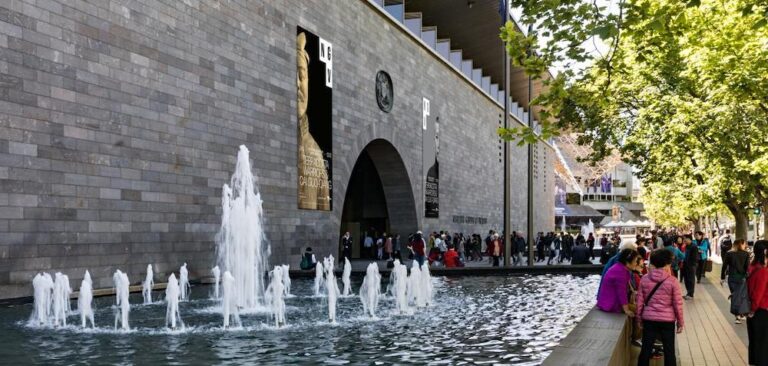
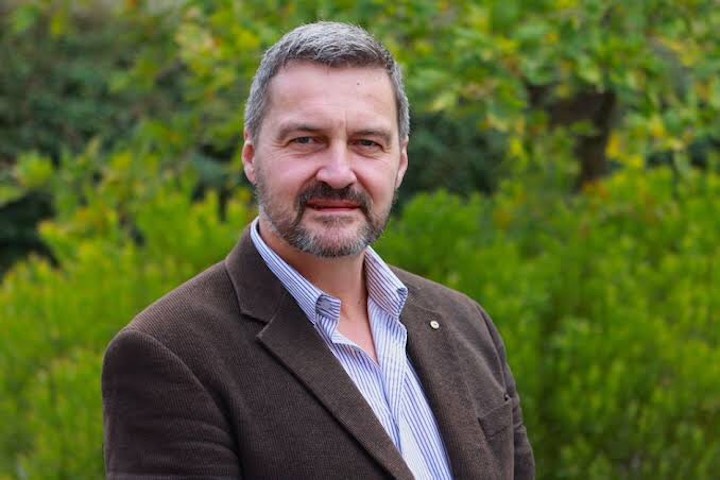


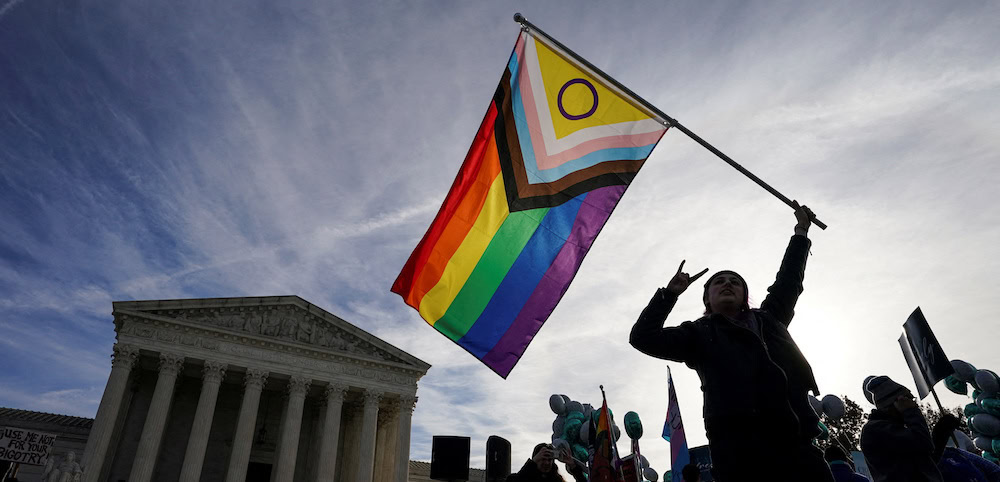
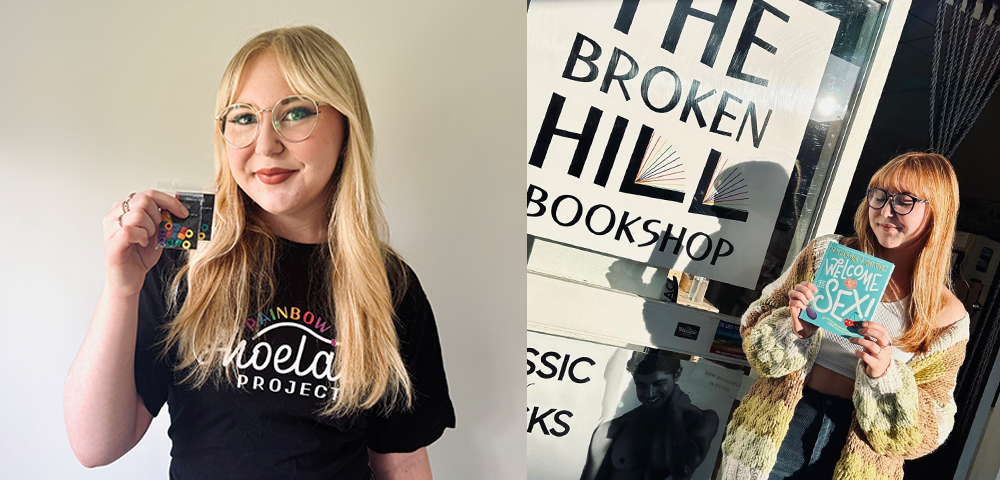
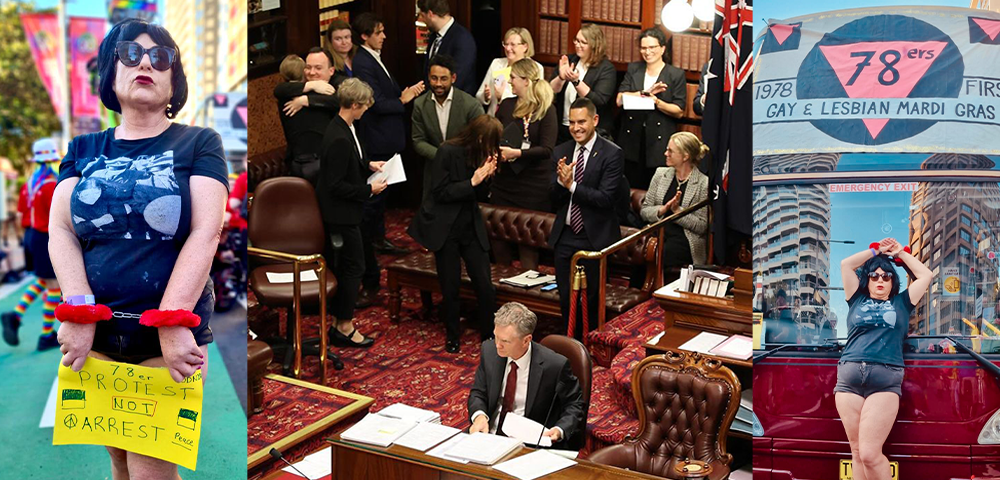
Very interesting!
Lots on these sorts of issues at LGBT Asylum News http://www.medhikazemi.com/
Update: the March 14 Coalition under incumbent Prime Minister Saad Hariri has won the Lebanese election. This should be seen as a rejection of both Hezbollah’s Islamic militancy and Syrian influence in the country. Forward movement under the new government is unlikely to be spectacular but it is indeed a possibility.